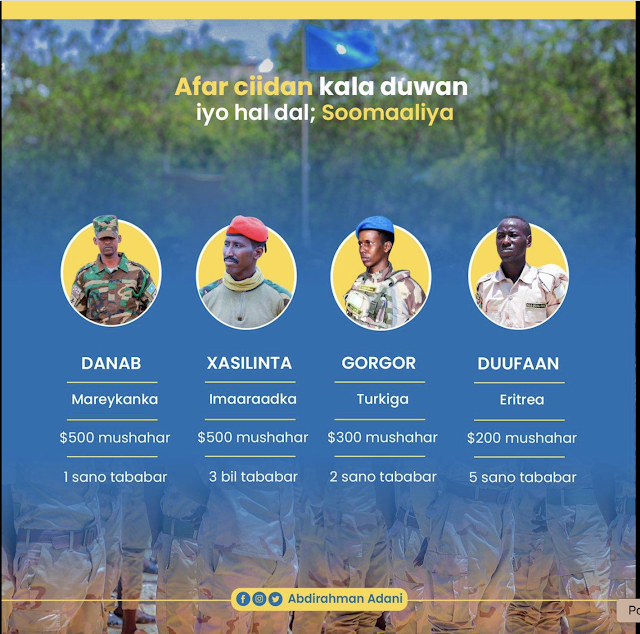The East Africa Federation is a visionary initiative that aims to unite the
countries of East Africa into a cohesive entity. This integration process
encompasses economic, political, and social dimensions, with the ultimate goal
of fostering regional cooperation, development, and prosperity. In this essay,
we will delve into the main branches of the East Africa Federation, namely
economic integration, political integration, and social integration.
Economic Integration: Economic integration forms a
fundamental pillar of the East Africa Federation. This branch seeks to establish
a unified economic framework that promotes seamless trade and investment among
member countries. Key subtopics under economic integration include the
establishment of a common market, monetary union, and the facilitation of trade
and investment.
A common market involves the removal of trade barriers such as
tariffs and quotas, enabling the free movement of goods, services, and capital
within the federation. By doing so, member countries can leverage economies of
scale, enhance competitiveness, and attract increased investments.
In addition,
a monetary union aims to establish a common currency, which would streamline
financial transactions and facilitate cross-border trade. This would enhance
economic stability, promote price transparency, and eliminate exchange rate
uncertainties, thereby encouraging intra-regional trade and investment.
Furthermore, the East Africa Federation emphasizes the significance of trade and
investment within the region. Efforts are made to develop infrastructure,
enhance connectivity, and provide a conducive environment for businesses to
thrive. By promoting trade and investment, the federation aims to bolster
economic growth, create employment opportunities, and improve the overall
standard of living for its citizens.
Political Integration: Political
integration is another crucial aspect of the East Africa Federation. This branch
aims to establish supranational governance, political institutions, and defense
and security mechanisms to ensure peace, stability, and effective
decision-making within the federation.
Supranational governance involves the
establishment of institutions with decision-making powers that transcend
national boundaries. These institutions would oversee and coordinate policies on
various regional matters such as trade, finance, infrastructure, and
environmental issues. By pooling resources and expertise, member countries can
tackle common challenges and address regional priorities more effectively.
Political institutions, such as a regional parliament or assembly, would provide
a platform for representatives from member countries to discuss and legislate on
matters that affect the federation as a whole. Through these institutions,
member countries can work together to formulate policies that promote regional
development, safeguard human rights, and protect the interests of their
citizens.
Defense and security cooperation is crucial for ensuring peace and
stability within the federation. By collaborating on defense matters, member
countries can enhance their collective security, deter external threats, and
respond effectively to crises. Initiatives such as joint military exercises,
intelligence sharing, and coordinated border control efforts would strengthen
defense and security within the East Africa Federation.
Social Integration:
Social integration constitutes the third branch of the East Africa Federation,
aiming to foster cultural exchange, promote the free movement of people, and
enhance education and healthcare systems. These subtopics contribute to building
a strong sense of regional identity, promoting social cohesion, and improving
the overall well-being of citizens.
Cultural exchange initiatives would enable
people from different member countries to share their traditions, customs, and
values. This exchange would not only enrich the cultural fabric of the
federation but also enhance understanding and tolerance among its diverse
populations.
The free movement of people within the federation is a vital aspect
of social integration. By allowing citizens of member countries to travel, work,
and reside freely within the region, the East Africa Federation promotes social
cohesion and facilitates the exchange of skills, knowledge, and experiences.
This movement can contribute to economic growth, as well as the development of a
skilled and mobile labor force.
Furthermore, education and healthcare systems play a pivotal role in social development. The East Africa Federation aims to harmonize and improve educational standards, ensuring quality education is accessible to all. Similarly, healthcare systems would be strengthened through cooperation in areas such as medical research, disease prevention, and the sharing of healthcare resources.











